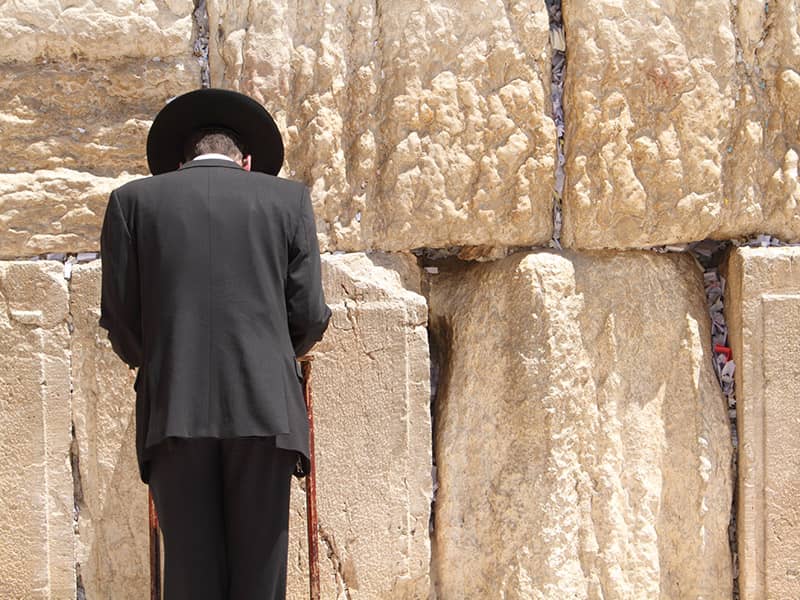Who could imagine a band of mystics choosing April 15--Income Tax Day--to make a festival for celebrating the rebirth of God?
Yet that is what the kabbalists--mystics--of the city of Tzfat did in the 16th century when they created Tu B'Shevat [literally, the 15th of the month of Shevat].
Tu B'Shevat, the full moon of midwinter, had been important only in Holy Temple Days, in the calendar of tithing. It was the end of the "fiscal year" for trees. Fruit that appeared before that date was taxed for the previous year; fruit that appeared later, for the following year.
The Talmud called this date the "New Year for Trees."
But the kabbalists saw it as the New Year for the Tree of Life itself--for God's own self, for the tree whose roots are in heaven and whose fruit is the world itself and all God's creatures. To honor the reawakening of trees and of that Tree in deep midwinter, they created a mystical seder--liturgical and ritual order modeled after the Passover seder--that honors the Four Worlds of acting, relating, knowing, and being.
These four worlds were enacted with four cups of wine and four courses of nuts and fruit--moving from less permeable to more permeable, and after three courses of tangible fruit, ending with fruit so permeable that it is intangible, for the fourth world of being, spirit.
The symbolic system of this seder held deeper riches: Echoes of generation and regeneration in the worlds of plants and animals.
- Nuts and fruit, the rebirthing aspects of a plant's life cycle, are the only foods that require no death, not even the death of a plant. Our living trees send forth their fruit and seeds in such profusion that they overflow beyond the needs of the next generation.
- The four cups of wine were red, rose, pink, white. Thus they echoed generation and regeneration among animals, including the human race. For red and white were in ancient tradition seen as the colors of generativity. To mix them was to mix the blood and semen that to the ancients connoted procreation.
And who were God's rent collectors? The poor and the landless, including those priestly celebrants and teachers who owned no piece of earth and whose earthly task was to teach and celebrate.
These mystics saw a deep significance in giving. They said that to eat without blessing the tree is robbery; to eat without feeding others was robbery. Worse: Because without blessing and sharing, the flow of abundance would choke up and stop.
Tu B'Shevat approaches once again. The trees of the world are in danger; the poor of the world are in need; the teachers and celebrants of the world are at risk.
Give! Or the flow of abundance will choke on the friction of its own outpouring, and God's own self will choke on our refusal of compassion.

